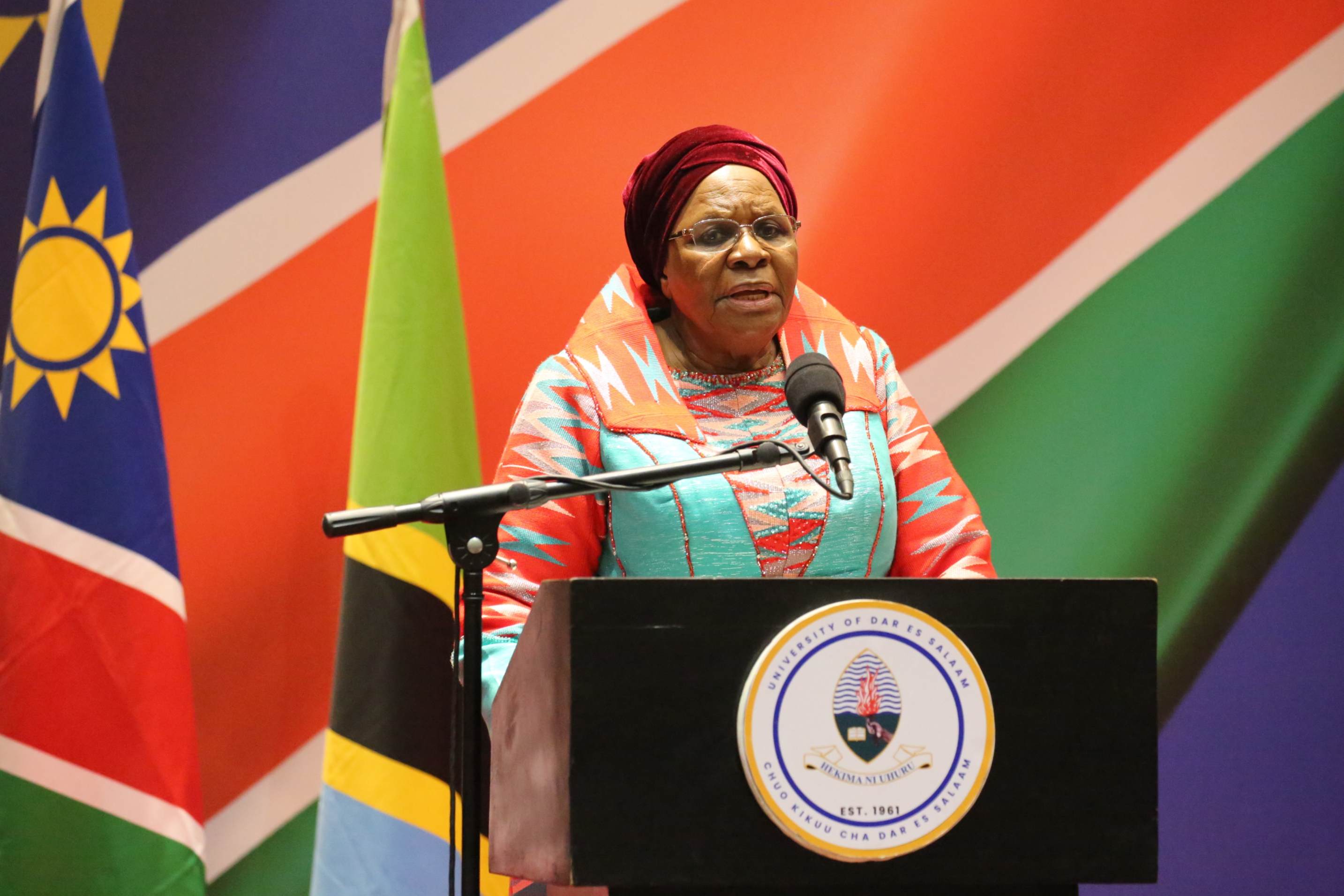Namibia honors colonial genocide victims as reparations demand grows

Between 1904 and 1908, German forces were responsible for the deaths of approximately 65,000 OvaHerero and 10,000 Nama people.
Namibia marked its first-ever Memorial Day on Wednesday to honor the victims of mass killings that occurred during German colonial rule.
The event saw politicians and representatives from affected communities renew demands for reparations from Germany.
Between 1904 and 1908, German forces were responsible for the deaths of approximately 65,000 OvaHerero and 10,000 Nama people, an atrocity widely recognized by historians and the United Nations as the first genocide of the 20th century.
In 2021, Germany officially acknowledged the killings as genocide for the first time and committed to financing development initiatives valued at 1.1 billion euros (Sh161.2 billion) in Namibia.
However, Germany has refrained from offering direct reparations to the victims or their descendants.
Namibian leaders and representatives of the OvaHerero and Nama communities argue that Germany’s commitments fall short of what is needed.
At a solemn memorial ceremony held in the parliament gardens, Namibian President Netumbo Nandi-Ndaitwah expressed, "We should take some comfort in the fact that the German government has officially recognized that German troops committed genocide."
"While we may not yet agree on the exact amount owed, this is part of the ongoing complex discussions we have been having with Germany since 2013." she added.
When contacted for comment, a spokesperson from the German embassy in Windhoek directed Reuters to an official statement released by the German government on Memorial Day, which said: "The federal government acknowledges Germany's moral and political responsibility for the killings and underscores the importance of reconciliation."
Namibia’s government selected May 28 as Genocide Remembrance Day to commemorate the date when German colonial authorities ordered the closure of concentration camps.
Charles Kakomee Tjela, a descendant of those who suffered in the genocide and attendee of the memorial event in the parliament gardens, told Reuters that the genocide needs to be given greater emphasis in school education.
Hoze Riruako, an OvaHerero chief, described the colonial-era massacres as a precursor to the Holocaust, noting that “people are not as aware of what happened here to the same extent.”
Some members of the OvaHerero community chose to boycott the memorial events, arguing that Germany’s pledge to finance development projects over a 30-year period fails to adequately address their concerns.
On Wednesday, President Nandi-Ndaitwah emphasized that talks with Germany would continue and stressed that any final agreement must be “satisfactory, particularly for the directly affected communities.”
Opposition leader McHenry Venaani also criticized Germany’s initial offer as inadequate, stating, "We are demanding a fair deal."
